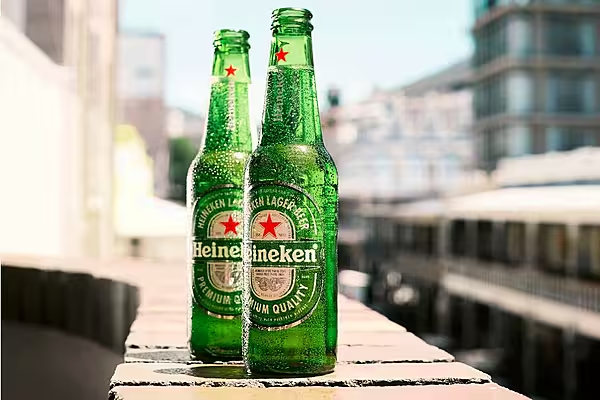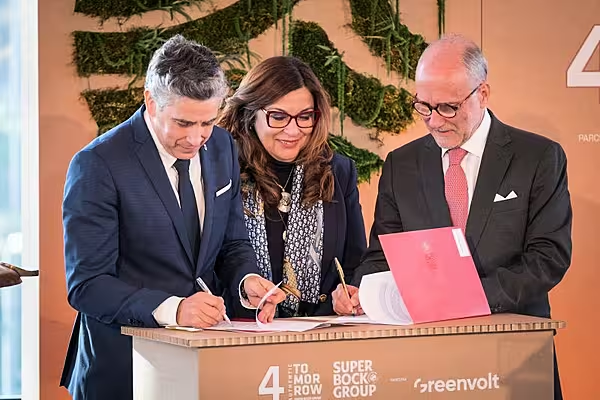The Belgian beer market has witnessed a slump in domestic sales and exports for the first time in ten years, with both seeing an 18% decline, according to a report in the online publication gondola.be.
The market lost approximately 42% of beer sales, or the equivalent of half a billion pints, due to the closure of the hospitality sector.
Belgian Beer Market
Despite an increase in sales in the off-trade channel, the Belgian beer market suffered overall as a result of COVID-19.
Elsewhere, a ban on alcohol sales after eight o'clock in the evening led to a loss in turnover in the take-away and retail sector, the report noted.
Overall, domestic beer sales fell by 18.6% compared to 2019.
In the retail sector, beer consumption saw a slight increase of 2.6%, but on-trade beer consumption plunged to an unsurprising all-time low of -47.8%.
According to an industry figure, "such a setback in the hospitality industry has not happened since the Second World War," the report added.
Exports outside the European Union experienced a drop of 18.3% compared to 2019, reversing a decade-old growth trend, whereby exports of Belgian beer increased consecutively.
However, within the EU, exports increased by 3.3%, with France, the Netherlands and Spain emerging as the biggest markets.
Impact Of COVID-19
The cancellation of several festivals, sports, and cultural events led to a decline in demand for Belgian beers, particularly lagers, compared to other artisanal beers, the report said.
However, the sales of non-alcoholic beers stabilized in 2020.
A survey by the Belgian beer industry showed that a majority of breweries (59%) that had no problems before the COVID-19 pandemic are now in bad shape.
Among cafes that participated in the survey, 18% said they were on the verge of bankruptcy, and 26% were facing significant difficulties.
According to the report, more breweries than pubs stand the risk of closure, with almost 600 jobs in the brewing sector in danger.
Despite the challenges posed by COVID-19, a significant number of brewers opened their own brewery in the last year, with the number of breweries increasing from 340 to 379.
Elsewhere, around 21 brewers stopped brewing permanently.














